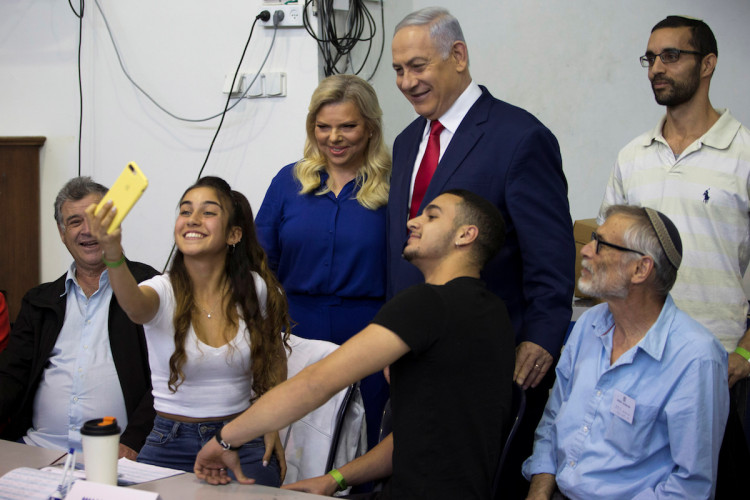In a move eliciting significant international concern, Israel's government has approved a set of emergency regulations which potentially paves the way for the temporary closure of foreign news channels. These regulations permit the government to take such measures during the state of emergency declared due to the ongoing conflict with Hamas if they believe an outlet undermines national security.
Communications Minister Shlomo Karhi spearheaded the regulations primarily aimed at shutting down Qatari-owned Al Jazeera, accusing it of compromising national security. "Al Jazeera's broadcasts and reports constitute incitement against Israel, help Hamas-ISIS and the terror organizations with their propaganda, and encourage violence against Israel," stated Karhi. The ministry emphasized that there is evidence indicating the media house's role in "assisting the enemy, broadcasting propaganda in the service of Hamas, in Arabic and English, to viewers around the world, and even passing sensitive information to the enemy."
Al Jazeera, on its part, has refuted these allegations.
The regulations stipulate that while the communications minister can order the cessation of foreign news outlets during the state of emergency, the defense minister's concurrence and the security cabinet's approval are imperative. Closure measures may include ordering TV providers to halt broadcasting, shuttering the media house's Israel offices, confiscating equipment, and inhibiting website access. Every decision made under these regulations will be under the purview of a district court, which will deliver its ruling within three days. The emergency regulations are slated to remain active for three months or until the government officially concludes the state of emergency.
The International Federation of Journalists (IFJ) expressed profound concerns over these measures, noting their implications not just for Al Jazeera but potentially other media entities in Israel and the occupied Palestinian territories. Anthony Bellanger, IFJ's general secretary, said, "We are deeply concerned at Israel's attempt to censor media coverage of the ongoing Israel-Gaza conflict using national security as an excuse to restrict critical media that do not confirm its narrative of the ongoing war. This is a clear attack on media pluralism and the public's right to know. The whole world must be allowed to see what is happening in the ongoing conflict, and we urge Israel to review its decision."
This development emerges amidst an already challenging media landscape. Since the onset of the Israel-Gaza war on October 7, journalists have grappled with numerous barriers, including safety hazards and technological disruptions. The recent fatalities of numerous journalists in the conflict zone further underscore the escalating risks.






